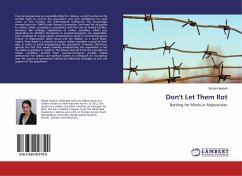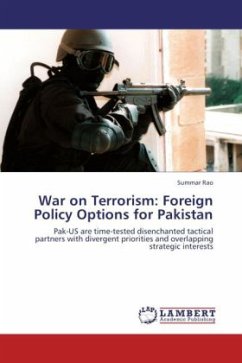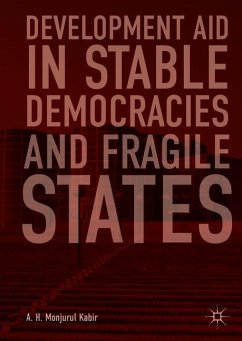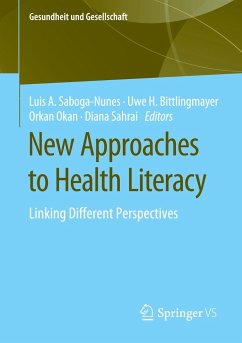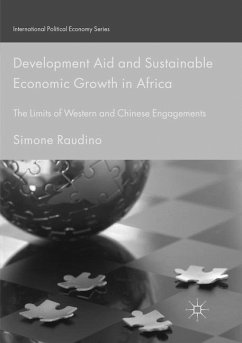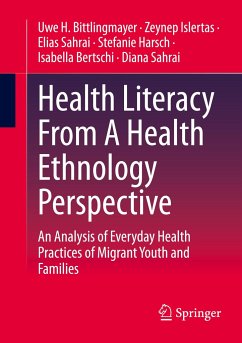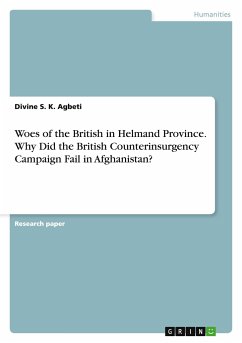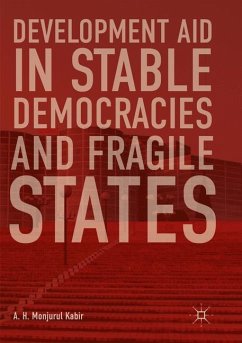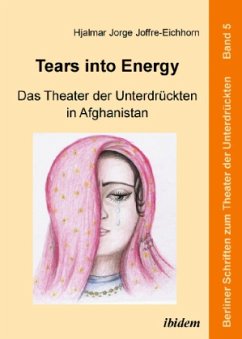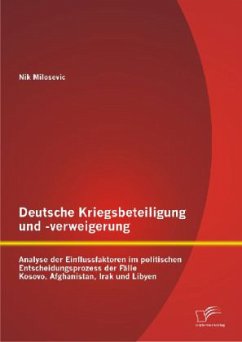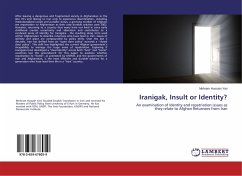
Iranigak, Insult or Identity?
An examination of Identity and repatriation issues as they relate to Afghan Returnees from Iran
Versandkostenfrei!
Versandfertig in 6-10 Tagen
36,99 €
inkl. MwSt.

PAYBACK Punkte
18 °P sammeln!
After leaving a dangerous and fragmented society in Afghanistan in the late 70's and fleeing to Iran only to experience discrimination, including institutionalized racism and outsider status, a growing number of Afghans see repatriation to Afghanistan as their only durable solution post 2002. However, returning to a country that many have not lived in since early childhood creates uncertainty and alienation and contributes to a confused sense of identity for Iranigaka - the insulting slang term used within Afghanistan to describe returnees who have lived in Iran. Issues of identity and place a...
After leaving a dangerous and fragmented society in Afghanistan in the late 70's and fleeing to Iran only to experience discrimination, including institutionalized racism and outsider status, a growing number of Afghans see repatriation to Afghanistan as their only durable solution post 2002. However, returning to a country that many have not lived in since early childhood creates uncertainty and alienation and contributes to a confused sense of identity for Iranigaka - the insulting slang term used within Afghanistan to describe returnees who have lived in Iran. Issues of identity and place are compounded by policy shifts. Over the last 3 decades, Iran has shifted from an "open door policy" towards a "closed door policy". This shift has highlighted the current Afghan government's incapability to manage the huge wave of repatriation. Exploring if Iranigaka have developed a "dual identity" across both "host" and "home" countries lays the groundwork for this paper to examine whether repatriation to "home", as promoted by UNHCR, and the governments of Iran and Afghanistan, is the most effective and durable solution for a generation who have lived their life in a "host" country.



